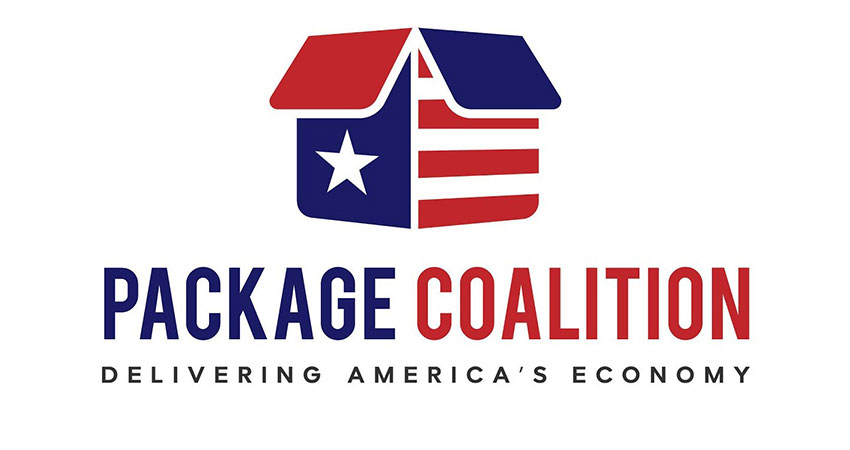A group of interested parties including Amazon and the National Retail Federation has formed a coalition to lobby on behalf of the U.S. Postal Service in advance of an Aug. 10 report from a USPS task force formed this spring by President Donald Trump.
The so-called Package Coalition also includes representation from Columbia Sportswear, Express Scripts, parcel shipping services firms OSM Worldwide and Pitney Bowes, Publishers Clearing House and QVC.
“Reliable and affordable postal package delivery is a key engine of the American economy,” said former Congressman John McHugh, chairman of the coalition, in a statement. “We support policy solutions to preserve this channel of commerce for all Americans, especially those in remote and rural areas that do not have consistently affordable alternatives to the Postal Service. Members of The Package Coalition partner with the U.S. Postal Service to deliver their goods over the last mile to more than 150 million American homes and businesses.”
McHugh, a former Republican Congressman from New York, served as chairman of the postal service subcommittee and served as secretary of the Army under President Barack Obama. He was on the committee when Congress passed the Postal Accountability and Enhancement Act (PAEA) in 2006, part of which called for pre-funding retiree health benefits, which has saddled the USPS with billions in debt since.
“We see USPS as a trusted and integral partner for millions of American businesses like ours in helping to deliver a robust and engaging shopping experience to our fans and customers,” said James Chin, Head of Government Relations for QVC in a tweet.
The task force appointed by President Trump is looking into ways to overhaul the USPS, including its pricing structure. Trump has made his displeasure with the USPS and its partnership with Amazon evident in a series of tweets, claiming the ecommerce giant is making the postal service incur losses, an assertion disputed by many experts. Here’s a sample from March:
Donald J. Trump @realDonaldTrump: “I have stated my concerns with Amazon long before the Election. Unlike others, they pay little or no taxes to state & local governments, use our Postal System as their Delivery Boy (causing tremendous loss to the U.S.), and are putting many thousands of retailers out of business!”
The Package Coalition says its aim is to “work proactively with policymakers and the public to highlight the importance of the postal package delivery services to American businesses and consumers.” It further stated that the USPS’s postal delivery service continues to outperform its slumping mail business, adding $7 billion to the bottom line in 2017.
The coalition has met with and shared information with members of Trump’s postal task force and plans to do so with lawmakers as well. “Earlier today we sent out emails asking for meetings with both House and Senate members,” McHugh told Reuters on Wednesday. “We view this as a long-term effort.”
For the second quarter ended March 31, the USPS reported a 5% increase in package volume, while mail volume declined 2.1%; the net loss was $1.3 billion. Package volume had been growing steadily at double-digit rates in previous quarters, increasing 11.4% in 2017.
“That (parcel) piece of the business is growing, profitable, and is necessary to help fund the Postal Service’s universal delivery obligation,” the coalition said in a release. The USPS reports third quarter results on Aug. 9.
Jonathan Gold, NRF’s Vice President of Supply Chain and Customs Policy, said any bump in parcel costs or decrease in USPS service would hit retailers and ecommerce firms hard and ultimately consumers in the form of pass-through increases. He said the NRF and the Package Coalition in general are out to educate lawmakers, the task force and the public about the ramifications of tinkering with USPS’s parcel service.
“The Postal Service is a key part of the retail supply chain, especially for ecommerce delivery, and I think that’s working well,” Gold said. “There’s certainly a need for postal reform, which Congress has been working on for many years. But there’s significant concern of a negative impact if the task force suggests increasing rates for package delivery or cutting back service, and it’s then implemented.”

